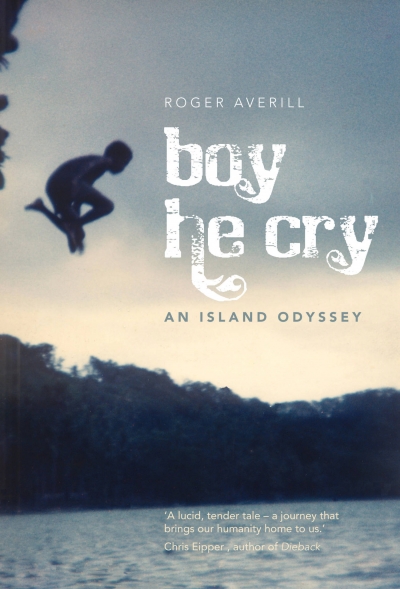Jane Goodall
Holden Caulfield is a garrulous bore. Seymour Glass is a phoney. Franny and Zooey are spoiled brats. And J.D. Salinger is a media tart. All these things are partly true. To take the last first: there is surely a ring of truth about Imre Salusinzsky’s recent spoof obituary in which Jay Leno and David Letterman are quoted expressing their sadness at the loss of a favourite regular guest who was always ready to front up and sparkle as he promoted an endless succession of Catcher in the Rye merchandise. Salinger, who died on January 27, aged ninety-one, may not have done such things, but at least one of his alter egos might.
... (read more)Delights and jolts
Dear Editor,
ABR is always engaging, even when one disagrees with the thrust or standpoint of particular reviews, but surely the May issue is the most brilliant ever. An edition which has a poet (Peter Rose) reviewing David Malouf’s new novel, Brian Matthews on Henry Lawson, Elizabeth Webby on Xavier Herbert, and Robert Phiddian on Penny Gay’s monograph about Shakespearean comedies, has to be special, thoroughly deserving of the endorsements of literary luminaries with which ABR has promoted itself over the years. In fact, a writer who, as Dr Phiddian did, can use the phrase ‘industrial-strength literary-criticism’ in his first paragraph and one of my favourite words, ‘rebarbative’, in his second, has my unremitting admiration. And I haven’t yet mentioned the appearance of John Burnheim and Ian Britain on the Letters page.
... (read more)

